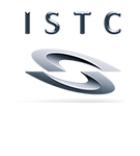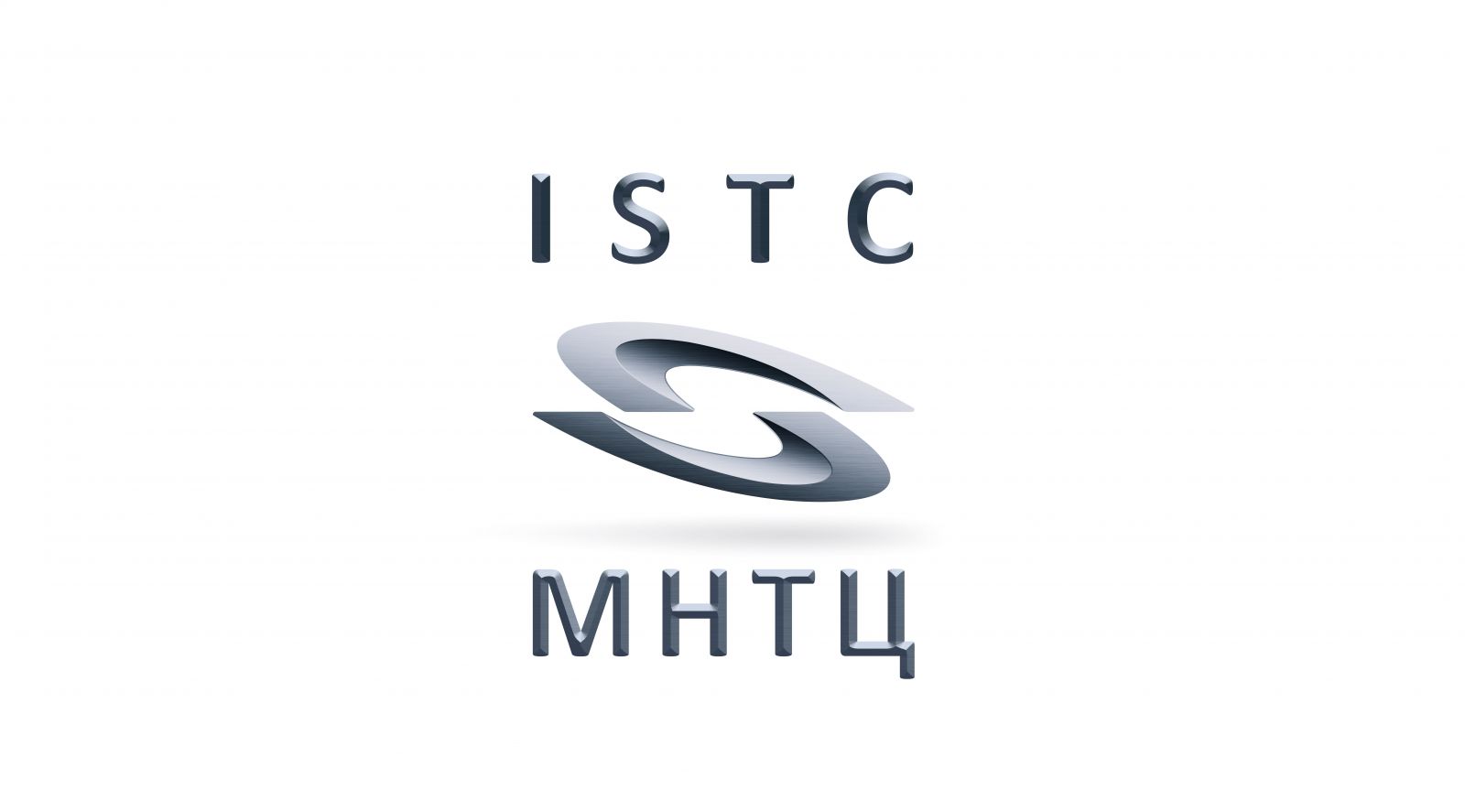A new EU-funded project on biosafety and biosecurity kicks-off for Mongolia

A new EU-funded project on biosafety and biosecurity kicks-off for Mongolia
On 26 – 27 January 2017 the Mongolian national kick-off meeting of a EU-funded project worth 5 million euros was successfully conducted in Ulaanbaatar, Mongolia. The event was co-organized by the International Science and Technology Center (ISTC), the EU Chemical Biological Radiological and Nuclear Centres of Excellence Initiative (CBRN CoE) and Mongolian Governmental partners. The meeting was opened by Mr. Ts. Batbayar, Vice-Minister of the Ministry of Environment and Tourism, Ms. D. Gerelmaa, Deputy Director General of the Multilateral Cooperation Department of the Ministry of Foreign Affairs, Mr. M. Ferri, EU Delegation to China and Mongolia, Mr. C. Seiffert, Embassy of Germany to Mongolia, Ms. F. Fert, UNICRI, Mr. H. Visser, P53-project manager, ISTC and Ms. S. Satabayeva, team leader of the EU team of experts.
The objective of this project, denominated P53, is to provide specialized training on bio-safety and bio-security in Central Asian countries and to strengthen the relevant national legal framework. In this respect, it will help participating countries to fulfil their international obligations to harmonize national bio-safety and bio-security legal frameworks with the World Health Organisation’s International Health Regulation (WHO IHR), Biological Weapons Convention (BWC), and Codex Alimentarius food safety laws. Furthermore, P53 aims to assist raising local bio-safety and bio-security training to international standards, while stimulating regional cooperation on relevant issues. The meeting was attended by representatives of the Ministry of Environment and Tourism, Ministry of Foreign Affairs, the Ministry of Health , Ministry of Education, Culture and Science, Ministry of Food, Agriculture and Light Industry and other relevant agencies, ministries and organizations.
The project was conceived and funded within the framework of the EU CBRN CoE (www.cbrn-coe.eu) initiative. The CoE currently covers 8 regions and 54 partner countries. The EU CBRN CoE Secretariat for Central Asia is based in Tashkent, Uzbekistan. It works in partnership with countries to encourage local ownership of CBRN action plans, policies and joint preparation of regional project proposals.
The ISTC, implementer of P53, has funded and managed several hundred projects in Central Asia over the past 20 years. Technical expertise to implement P53 is provided by a UK-led consortium (SCJS) of international legislative experts (VERTIC), and bio-safety and bio-security training experts (PHE, RIVM).
www.istc.int www.sjcs.eu www.vertic.org
www.rivm.nl/en www.gov.uk/government/organisations/public-health-england

.jpg)
.png)
.png)
.jpg)


